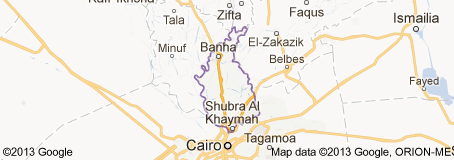ANKARA: Turkey’s prime minister signaled Wednesday that military operations against separatist Kurdish rebels would be scaled down after the insurgents extended a truce until next summer.
"As long as the terrorist organization… lays down arms there will be no need for the security forces to engage in such operations," Recep Tayyip Erdogan told reporters.
The separatist Kurdistan Workers’ Party (PKK) said Monday it was extending a truce, declared on August 13, until general elections next summer to push for a peaceful solution of the 26-year conflict in southeast Turkey.
The PKK, which is listed as a terrorist group by Ankara and much of the international community, urged Turkey to stop military operations to pursue its militants and warned it would retaliate to "annihilation attacks."
Erdogan however stressed the army and the police would act if they obtained intelligence about PKK activities threatening public order and security.
"They will assess that intelligence and act… Is it possible for the security forces to lay down arms? They will always carry out their duties," he said.
"Halting the struggle against terrorism in the country is out of the question," he added.
Boosted by its victory in a September 12 referendum on constitutional reform, Erdogan’s government has launched a cautious, low-profile bid for a dialogue with the Kurds. It is seeking to cajole the PKK into permanently laying down arms and ending the conflict peacefully.
Jailed PKK leader Abdullah Ocalan, who retains influence over his rebels, appears engaged in the effort, with his lawyers acting as intermediaries and holding talks with him on the prison island of Imrali.
State officials have also held direct meetings with Ocalan, according to his lawyers.
The PKK leadership, based in the mountains of neighboring northern Iraq, reportedly extended the truce, heeding a letter from Ocalan which was conveyed to them with the help of Turkish officials.
The PKK took up arms for self-rule in the Kurdish-majority southeast in 1984, sparking a conflict that has claimed about 45,000 lives.


